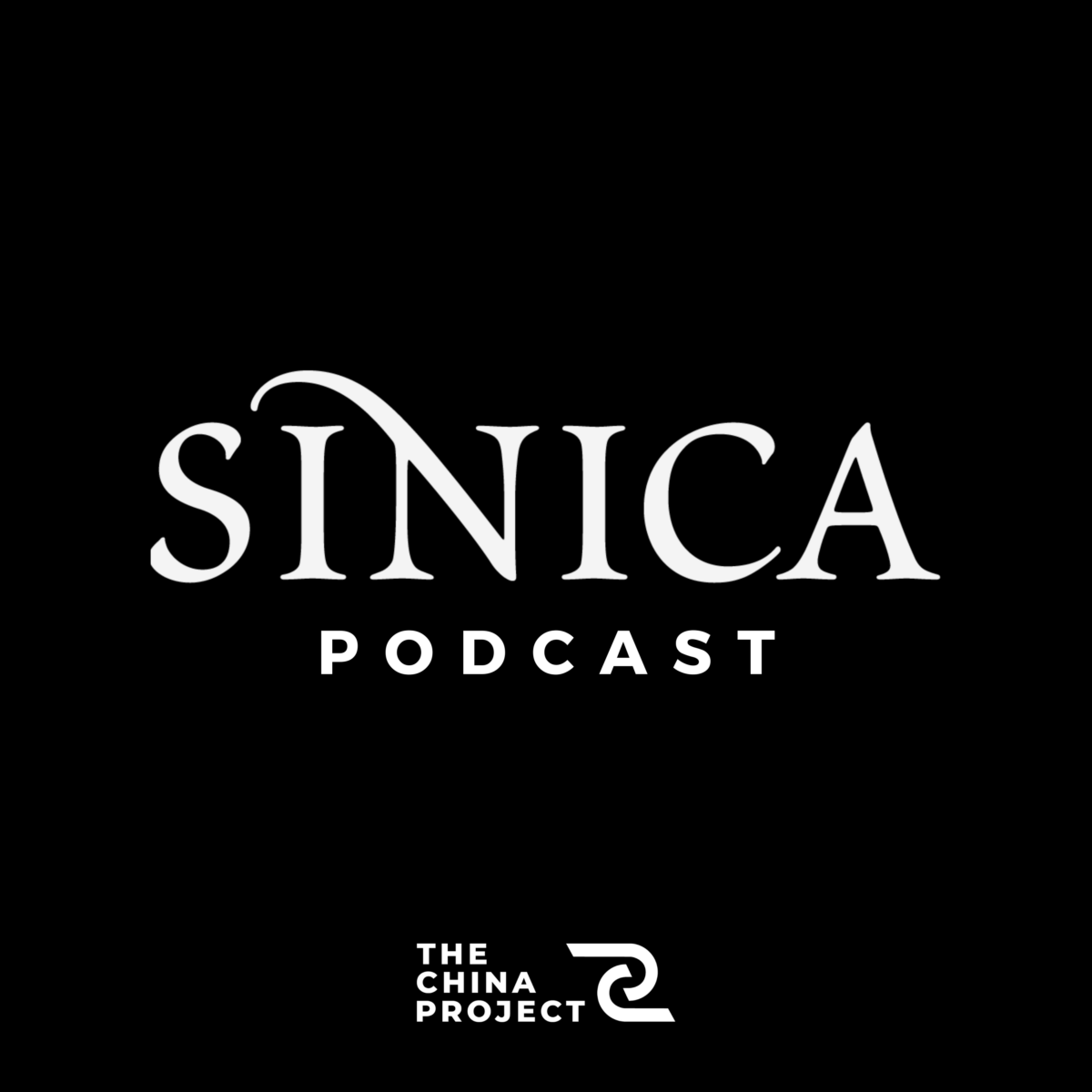Edward Wong became a reporter for The New York Times in 1999. He covered the Iraq war from Baghdad from 2003 to 2007, and then moved to Beijing in 2008. He has written about a wide range of subjects in China for the Times, and became its Beijing bureau chief in 2014. For more on Ed’s background and samples of his reporting, find our Sinica backgrounder here.
Ed is a regular guest on the Sinica Podcast, with many appearances going back to August 2011, when he joined the show to discuss his profile of documentary filmmaker Zhao Liang and self-censorship in the arts scene at that time. Since then, he has appeared on many Sinica episodes, including a discussion of the “trial of the century” (which resulted in the conviction of senior Communist Party leader Bo Xilai for bribery, abuse of power and embezzlement) and what it meant for media transparency, and an episode in which Ed drew on his years as a war correspondent in Iraq to comment on China’s view of the Middle East in the age of the Islamic State.
In this week’s episode, Kaiser and Jeremy talk to Ed about the state of foreign correspondence in China: the differences in today’s reporting environment compared with a decade ago, and how media companies deal with censorship and hostility from the Chinese government.
Recommendations:
Jeremy: Little North Road: Africa in China, photography of Africans in Guangzhou, China, by Daniel Traub and others. Also check out the accompanying website, Xiaobeilu.
Ed: Two documentaries by Zhao Liang. One is Crime and Punishment, which is distributed in the U.S. through dGenerate Films. The other is Petition. Both films are available on Amazon.
Kaiser: “Can Xi pivot from China’s disrupter-in-chief to reformer-in-chief?,” by Damien Ma.








